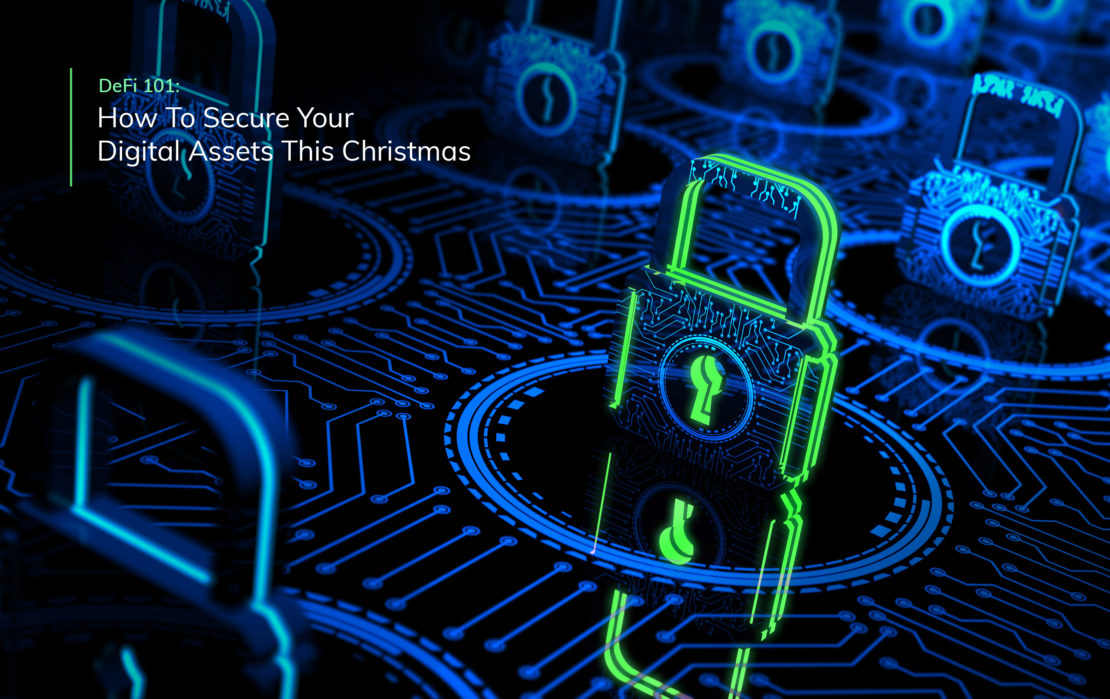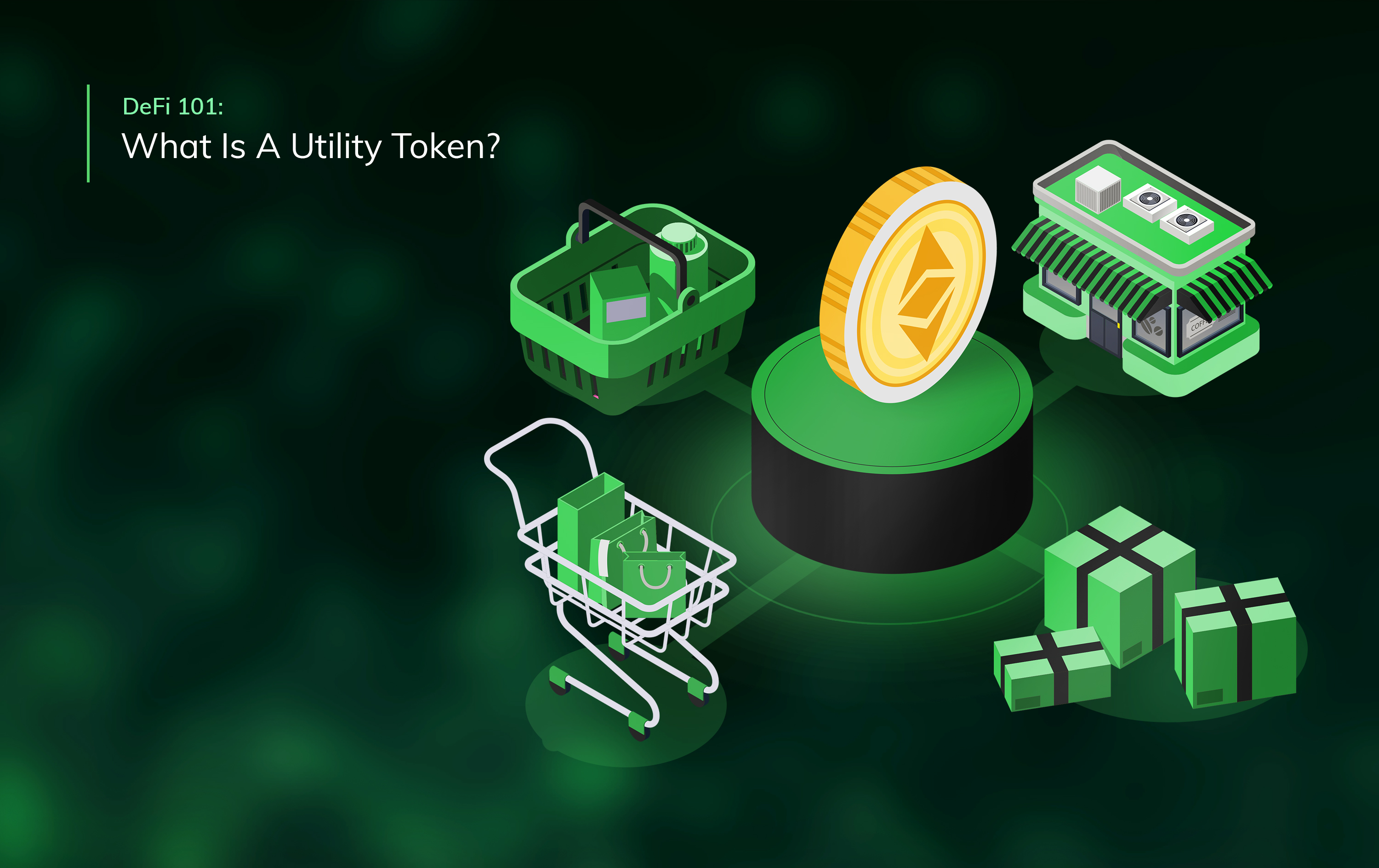DeFi 101: How To Secure Your Digital Assets On Elitium This Christmas
Christmas is a little over a week away, and the last thing you’ll want to worry about over the holidays is the security of your digital assets.
That’s why now is the time to double down on your safeguards. It’s the only way you can be 100% sure your investments will be where you left them once the haze of the holiday season wears off.
Here are five simple steps to secure your digital assets now.
5 simple steps to secure your Elitium account
Step #1: Check your password is unique
First up, make sure you only use your Elitium password for your Elitium account. Hacks are commonplace across the internet, and if you use the password somewhere else, it could end up in the wrong hands if another website suffers a hack.
You should also ensure the password you use for the email registered to your Elitium account is unique. And your passwords must be difficult to guess (you can always use a password manager to help you remember them).
Last but not least, never share your passwords with anyone.
Step #2: Enable 2-factor authentication
Two-factor authentication adds another layer of security to your account. With 2FA, you can only log in if you provide a random code sent to you via SMS or accessed via a trusted third-party authenticator app.
We always recommend the latter option as SIM-swap crimes are rising, making SMS-based authentication a risk.
Step #3: Beware of phishing scams
Phishing is a type of social engineering where someone convinces you to share details like login credentials or a credit card number. Phishing scams can happen via SMS, email, even on social media.
But you can often spot them because of misspelt websites, a suspicious-looking domain, or a suspect attachment. Even so, experienced users often fall for them because they’re in a rush or suffer a lapse of concentration.
So stay aware of the risk, and you’ll be less likely to fall victim to a scam.
Step #4: Watch out for smishing
Phishing scams via text are called ‘smishing’ and are worth covering on their own. They often include a message posing as someone you know or an authority asking for sensitive personal information.
If you don’t recognise the phone number, it’s often best to ignore the call or message. Don’t reply, call back or click any links. And never share your password or recovery code via text, no matter what.
You can always check if the message is legitimate by Googling the phone number.
Step #5: Whitelist your wallet address
One of the most effective security features is address whitelisting. Doing so limits withdrawals to crypto addresses specified by you in your personal address book, stopping anyone but you from moving your funds elsewhere.
When you enable whitelisting, you can also specify a security delay for adding new allowed addresses.
We’re here to keep your funds safe this Christmas
Since we launched Elitium in 2018, we have lost zero assets through a breach. And we’ve never compromised client information through a data leak.
We have some of the most robust security policies in the industry, including strict internal policies, custom smart contracts, and in-house cold wallets. But the safety of your account ultimately rests on us making your account secure, and you keeping it that way.
We promise to always uphold our end of the deal. All we ask is that you follow our advice to guarantee your account stays secure.




